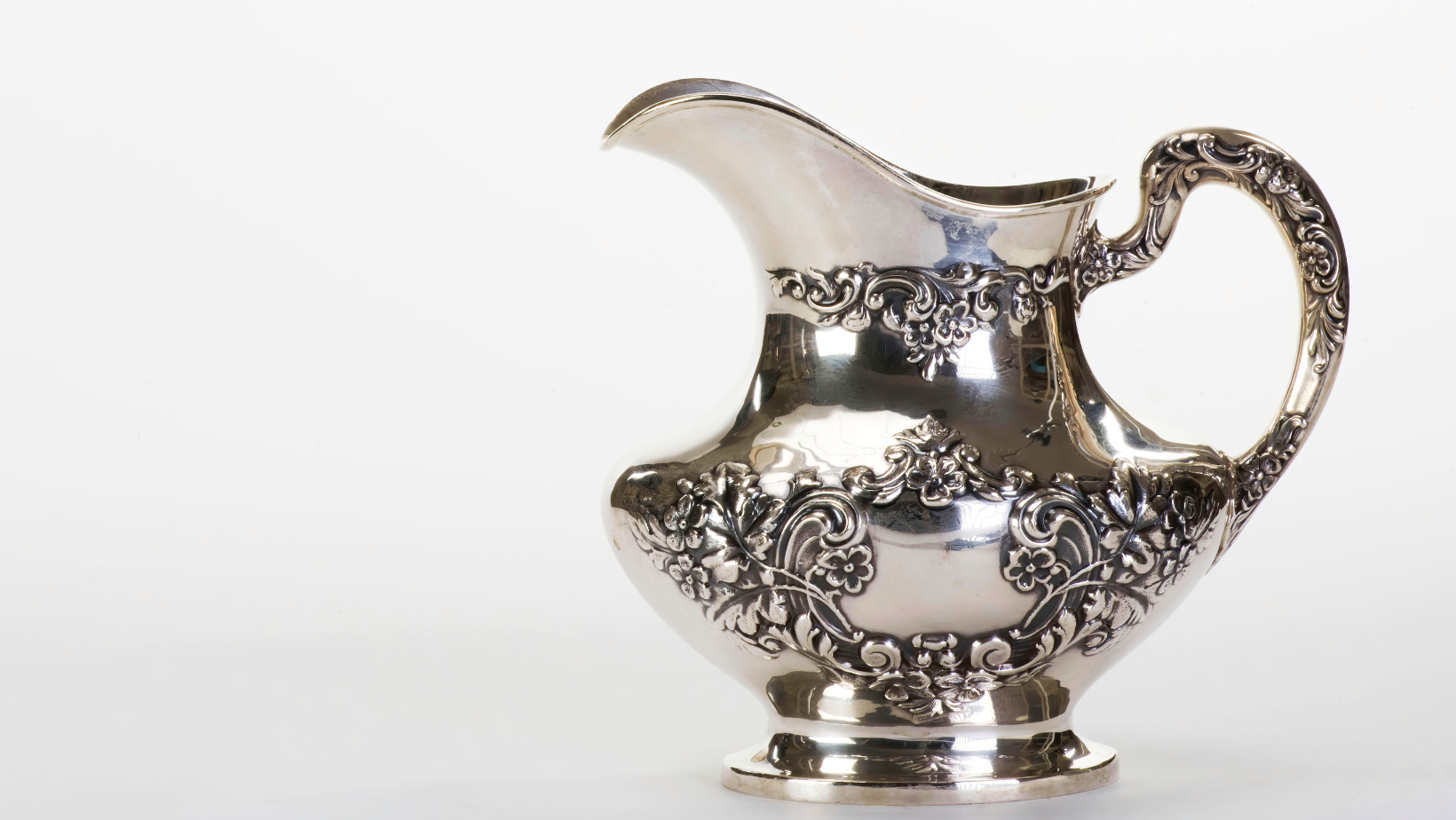Britannia silver is a type of silver that is used for making coins, flatware, and other objects. It is an alloy of silver that contains at least 95.84% pure silver. The rest of the alloy usually consists of copper, which gives the metal its strength and durability.
Britannia silver was first introduced in England in the early 18th century and quickly became popular for its beauty and durability. It remained the standard for silver coins until the late 20th century when the composition was changed to sterling silver. Britannia silver is still used today for making high-quality flatware, coins, and other objects.
Detailed History of Britannia Silver
In 1797, the British Parliament passed the Coinage Act, which established the sterling silver standard for all coins minted in England. The Act also introduced the Britannia silver alloy, which was to be used for all silver coins. The composition of Britannia silver was set at 95.84% silver and 4.16% copper.
The use of Britannia silver for coins continued until the late 20th century when the composition was changed to sterling silver (92.5% silver and 7.5% copper). The change was made to reduce the cost of minting coins and to standardize the compositions of British coins with those of other countries.
Despite the change in composition, Britannia silver is still used today for making high-quality flatware, coins, and other objects. Its beauty, durability, and low cost make it an ideal choice for these purposes.
Britannia Silver vs Sterling Silver
Britannia silver and sterling silver are both types of silver that are used for coins, flatware, and other objects. However, there are some important differences between the two alloys.
The most significant difference is the composition. Britannia silver must contain at least 95.84% pure silver, while sterling silver only needs to contain 92.5% pure silver. This means that Britannia silver is a higher purity silver alloy than sterling silver.
Britannia silver is also a tougher alloy than sterling silver, which makes it more durable and less likely to scratch or dent. However, this also means that Britannia silver is more difficult to work with and requires more experience to properly forge and shape.
The higher purity and greater durability of Britannia silver make it a more expensive alloy than sterling silver. However, its lower cost relative to other high-purity silver alloys makes it a popular choice for coins, flatware, and other objects.
How to Care for Britannia Silver
Like all silver, Britannia silver will tarnish over time. To keep your Britannia silver looking its best, it is important to clean and polish it regularly. There are many commercial silver cleaners and polishes available, or you can make your own using simple household ingredients.
When cleaning Britannia silver, be sure to use a soft cloth or brush to avoid scratching the surface. You should also avoid using harsh chemicals, which can damage the silver.
If you store your Britannia silver in an airtight container, it will slow down the tarnishing process and make it easier to keep clean. You can also prevent tarnishing by keeping your Britannia silver away from sources of sulfur, such as rubber or wool.
Sell Your Britannia Silver with the Gold Guys
If you take appropriate care of your silver, it will last for a long time and keep its gleaming appearance. However, if caring for your silver is too difficult or expensive, the Gold Guys will purchase your precious metals.

